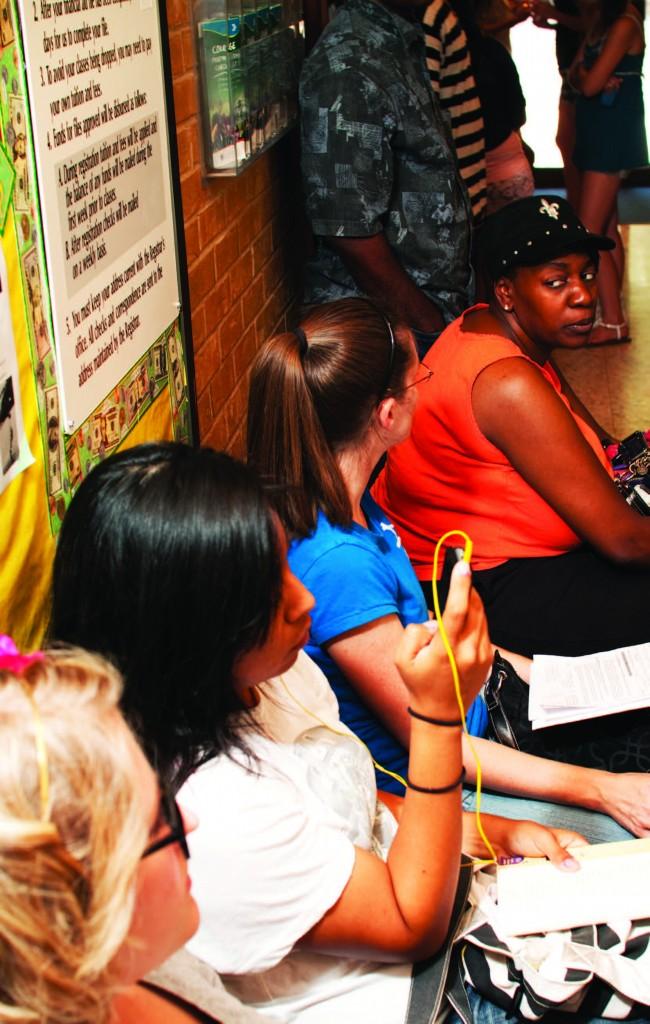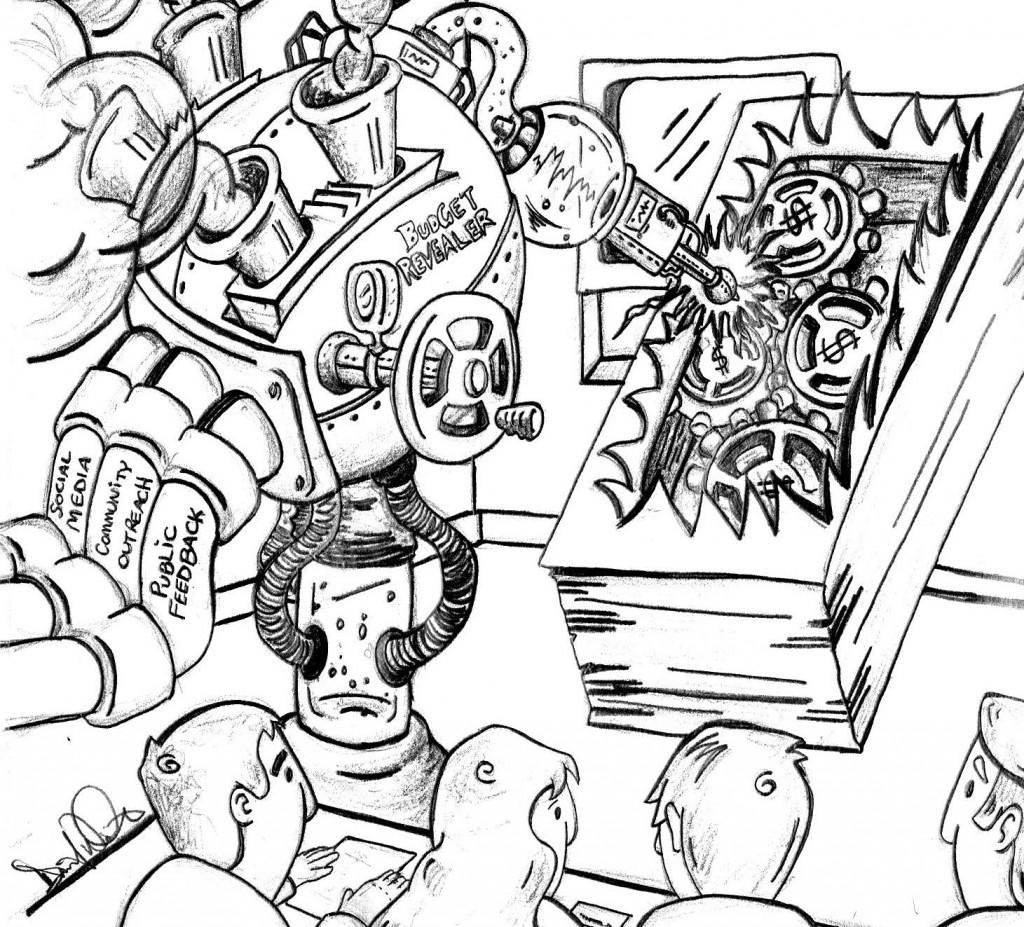By Rema Atiya/reporter
The beginning of a semester is crucial for college students in preparing for a good semester.
“The first couple of weeks of a semester are some of the most important times for students,” said Rusty Fox, SE vice president for student development services. “We offer a lot of services and workshops during that time to help students prepare.”
First, college students have to pick the classes they need to advance their academic careers and lead them to getting their degrees.
“Honestly, if the person wants to be a full-time college student, I would recommend they either take Monday, Wednesday and Friday classes or Tuesday and Thursday classes. It just depends on your own schedule,” said Noura Elsalla, a NE Campus student. “I would not recommend night classes, though, because the instructors always seem tired and the student is probably tired because it is the end of the day. Also, you never really get a full class time because they always get out early.”
Night classes pose a problem because once students get home at night, they are often too tired to study and do homework or too tempted to go have fun, Elsalla said.
“In order to get the best schedule, a student should look at how much free time they have on their hands because each class requires at least two hours studying time for each class meeting,” Elsalla said.
Students new to the college atmosphere are not usually prepared for what lies behind the college doors.
“My first semester here in college was very hard because I did not know what was expected of me,” Elsalla said.
Some students, like DeVontee Rayford, get that one big shocker when they first start attending college and realize it is a different atmosphere than high school.
“The biggest surprise for me when I first came to college was freedom to choose classes,” said Rayford, a TR Campus student. “Also, the teachers didn’t help you as much and did not tell you when you’re missing work.”
Fox said students do not realize building a relationship with their instructors is key to getting credit for class because they hold all the information needed to pass their classes.
Rayford agreed.
“I think it is very important to have good communication with your instructors,” he said. “Because if you start having problems, then you might be scared to go talk to them, but they are there to help you.”
Procrastination and organization are two big topics when it comes to giving good advice for students trying to make it through college.
“Be organized and on top of things,” said Kurt French, a SE Campus student. “The biggest thing is do not get behind because it is the hardest thing when you try to catch up.”
Procrastination is the No. 1 worst thing a student can do, Rayford said.
“You should start working on not procrastinating and being organized beforehand because it is always good to plan ahead and start in advance,” he said. “You do a better job if you do not wait till the last minute while being organized and doing the project in advance always reflects on your grade in the end.”
One way to stay organized is to attend class the first day because you receive your syllabus for the semester, which is like a “road map” to the course you are taking. Also, talk to your academic advisor, Fox said.
“The role of an academic advisor is not just putting you in your class or on a degree plan,” he said. “Part of the job of an advisor is to make what you’re doing relevant and explain about your degree or courses and how it fits into the job market.”
Research shows meeting with academic advisors is one of the most important communications students make while in college, he said.
Students who are motivated and focused on college typically have a good start to a good academic career.
“Stay focused and motivated on your classes,” said Kevin Howard, a TR Campus student.
One way to stay focused is not to just roll out of bed and come to school, said Rachel Sanchez, a SE Campus student.
“I think that if you come in pajamas and stuff, you’re going to still feel shut down and tired,” she said. “You should totally dress the part to do the part because college is like a pre-job for the job you really want to get.”
Students attend college to better themselves, and creating an image in college is a great way to start on the right path.
“College is a place to start your new direction and is a professional environment,” Fox said. “If you want to start to create an image to help you be successful, this is the place to do it, and your clothes can reflect that.”
Partying is also an interruption for college students and their learning habits, which include attendance the day after the party.
“When it comes to partying, I think college students should lay off of it,” Elsalla said. “I have had friends in the past that miss class because they are so wasted from the night before, and then that puts them behind in class.”
College is hard, and even though people say it’s the place to party, Elsalla said she does not recommend it.
French thinks partying is OK if handled properly.
“If you do party, you should be responsible about it,” he said. “Keep it in check and do not let it affect your school work.”
Something else that will affect students in their college career is not doing their homework.
“Homework in college is something you need to do,” Elsalla said. “If the homework is due, it is due, and teachers do not remind you. Teachers usually do not take late work at all.”
Turning in your work is the number one priority along with extra credit, she said.
“Yes, take part in extra credit,” Howard said. “It does not matter what it is. Extra credit is still an assignment, and it is like any other assignment. It’s just a bonus that you get extra credit for whatever the instructor is asking for.”
Extra credit is something that can make those last points from a C to a B or a B to an A.
“I kind of think that extra credit is free money,” Fox said. “If you can get something that helps you do well in that class, then do it. Do not just pass it up.”
Extra credit does help when it counts, and it can really help when students might think they are struggling in a course.
“You’re going to struggle,” Howard said. “You have to go through the hard work and hardships because it makes you a better person. I have struggled, and you have to stick through it. But in the end, it will work out.”
College is a different experience, but everyone goes to college to better themselves in the long run, Fox said.
“If there is any advice that I could give college students,” Fox said, “take the first couple of weeks of school very seriously and be prepared.”
























